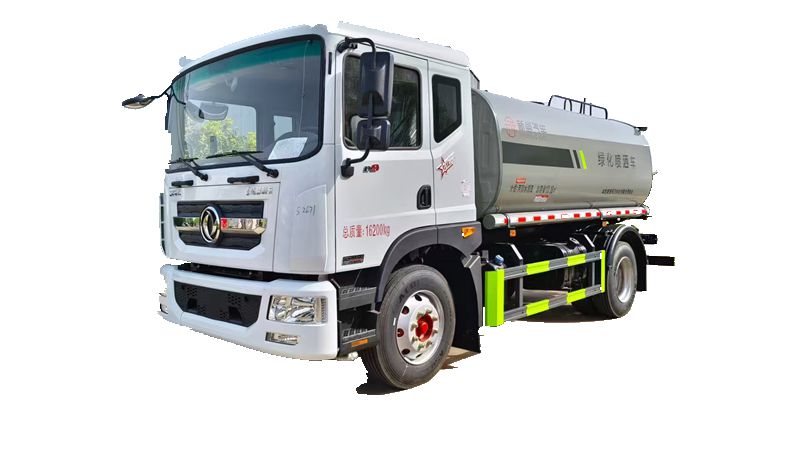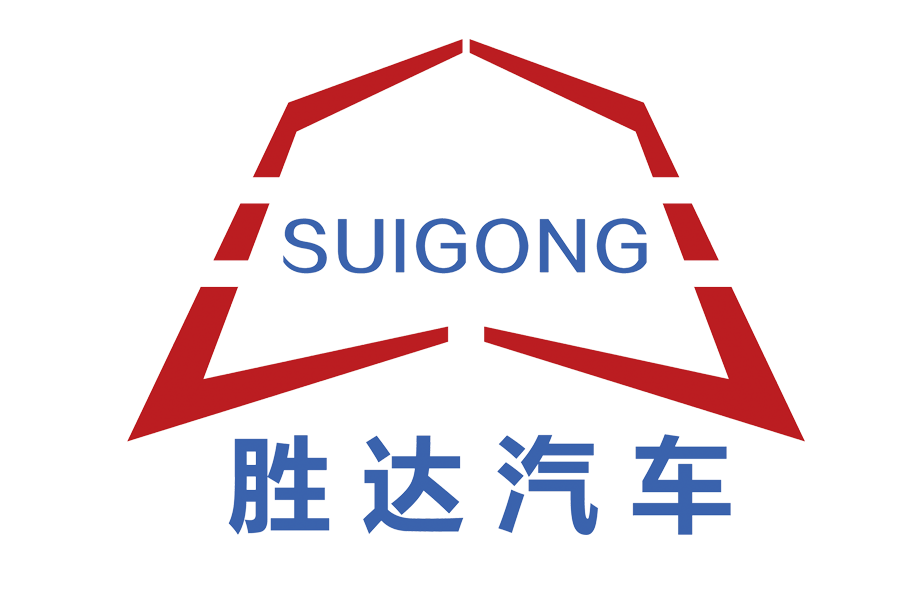Adapting to Extreme Climate Conditions
Sprinkler trucks are being modified to operate effectively in extreme climates, from freezing winters to scorching deserts. In Moscow, Russia, winter-ready sprinkler trucks are equipped with heated water tanks and insulated hoses to prevent freezing, allowing them to continue watering public trees and green spaces during mild winter spells. This ensures vegetation remains healthy and reduces spring die-off rates by 25%.
In Dubai, United Arab Emirates, where summer temperatures exceed 45°C, sprinkler trucks use specially formulated water additives that slow evaporation. These additives allow water to penetrate soil deeper before drying, reducing the frequency of watering needed. The trucks also operate during early morning and late evening hours to maximize water absorption, ensuring urban green spaces thrive despite harsh conditions.
Overcoming Infrastructure Gaps in Developing Cities
In many developing cities, aging infrastructure and limited resources hinder effective sprinkler services. In Lagos, Nigeria, for example, only 40% of neighborhoods have regular access to sprinkler trucks, leaving most areas vulnerable to dust pollution. To address this, the city has launched a “Sprinkler Sharing” program, where community groups can borrow trucks from municipal depots for self-managed watering projects, supported by training from city staff.
In Dhaka, Bangladesh, funding constraints have limited the purchase of new sprinkler trucks, leading to reliance on older, inefficient models. International aid organizations are working with the city to refurbish existing trucks and install water-saving nozzles, improving performance without requiring full fleet replacement. These upgrades have already reduced water waste by 22% in treated areas.
Future Innovations: AI and Predictive Watering
Looking ahead, experts predict that artificial intelligence will revolutionize sprinkler truck operations. Trials in Singapore are testing AI-powered systems that analyze weather forecasts, soil data, and historical usage patterns to predict optimal watering schedules. These systems can adjust sprinkler routes dynamically, ensuring water is delivered exactly when and where it’s needed most. Early results show that AI-managed fleets reduce water usage by 28% while improving vegetation health.
“Sprinkler trucks are evolving from simple water carriers to intelligent urban stewards,” says an urban technology researcher. “Their ability to adapt to community needs, integrate with renewable energy, and leverage AI will make them even more essential in building resilient cities.”

From cleaning industrial dust to supporting rural agriculture, sprinkler trucks continue to expand their role as versatile tools for sustainable development. By combining technology, community engagement, and environmental consciousness, these vehicles are helping create healthier, more equitable communities across the globe.

